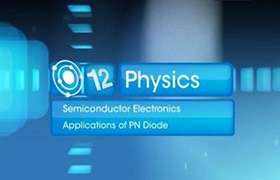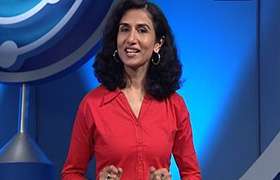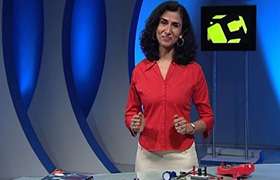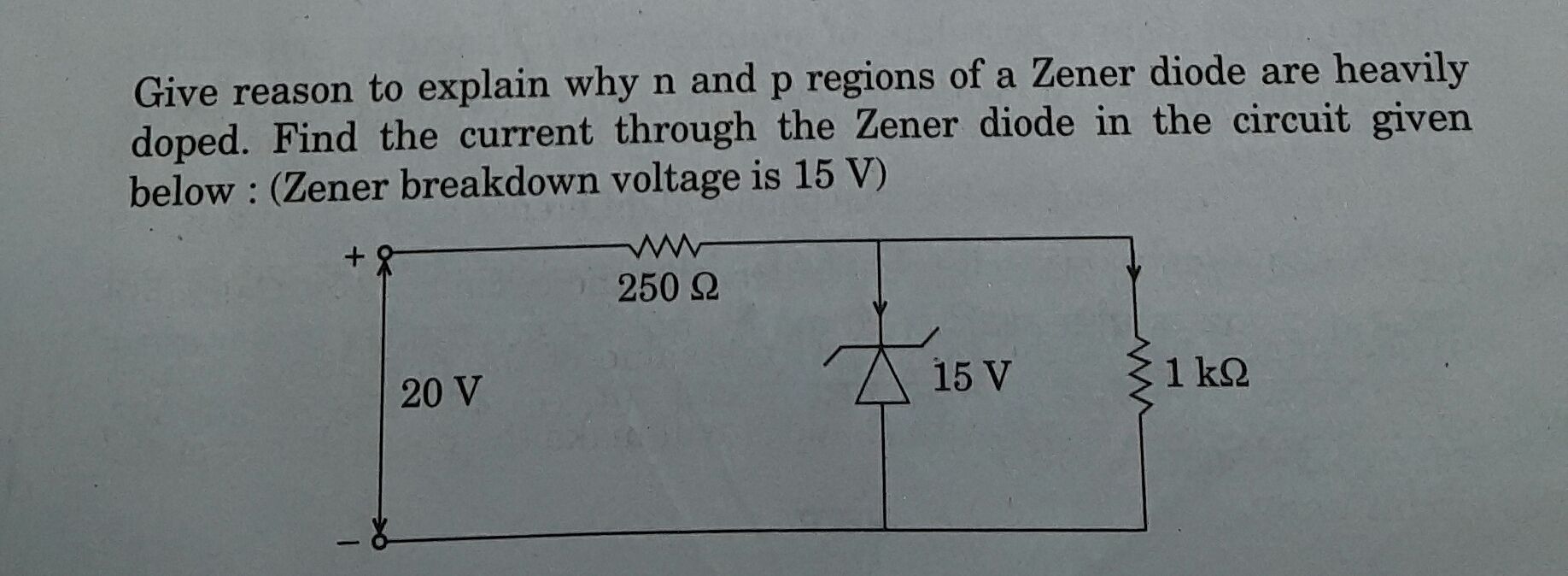CBSE Class 12-science Answered
How does an Light emitting diode function? As per a preliminary search on the internet I found
an electron releases energy when it drops from a higher orbital to a lower one. This energy is released in the form of a photon. Free electrons moving across a diode can fall into empty holes from the P-type layer. This involves a drop from the conduction band to a lower orbital, so the electrons release energy in the form of photons.
Is this correct? Why does drop from conduction band to lower orbital mean?
Asked by Anirudh | 14 Aug, 2017, 12:40: PM
1) A light emitting diode is a semiconductor which has a conduction band and a valence band. When electrons are in conduction band they conduct electricity.
2) Also, if you consider your preliminary atomic physics, then you will have an idea that the outer orbitals electrons are the ones that contribute most to the conduction process.
3) Now, understanding the construction of a LED will make you understand that it is a p-n junction diode which is connected in forward bias. So, when a LED is given a forward bias, the electrons move across the diode and enter the p-region. So, the conducting electrons combine with the holes. So, the electrons gain energy.
4) Now, consider you basic atomic physics again. You will realise that in atomic orbitals lower orbitals have more energy and higher orbitals have lower energy. Hence, the sentence used is drop from higher orbital (conduction band) to lower orbital.
5) When an electron jumps from higher orbital to lower orbital, the difference in energy has to be given out in some form. This is done by releasing a photon.
Hope this solves your doubt!
Answered by Romal Bhansali | 16 Aug, 2017, 11:16: AM
Concept Videos
CBSE 12-science - Physics
Asked by abhitailor158 | 06 Mar, 2019, 05:56: PM
CBSE 12-science - Physics
Asked by vk335548 | 05 Mar, 2019, 10:32: PM
CBSE 12-science - Physics
Asked by bjayanta | 05 Mar, 2019, 02:35: PM
CBSE 12-science - Physics
Asked by shariefy0007 | 22 Feb, 2019, 10:51: PM
CBSE 12-science - Physics
Asked by rohitraman1115 | 21 Nov, 2018, 04:57: PM
CBSE 12-science - Physics
Asked by Topperlearning User | 19 Jun, 2014, 01:54: PM
CBSE 12-science - Physics
Asked by Topperlearning User | 19 Jun, 2014, 02:06: PM
CBSE 12-science - Physics
Asked by Topperlearning User | 19 Jun, 2014, 02:11: PM
CBSE 12-science - Physics
Asked by Topperlearning User | 04 Jun, 2014, 01:23: PM
CBSE 12-science - Physics
Asked by Topperlearning User | 04 Jun, 2014, 01:23: PM





